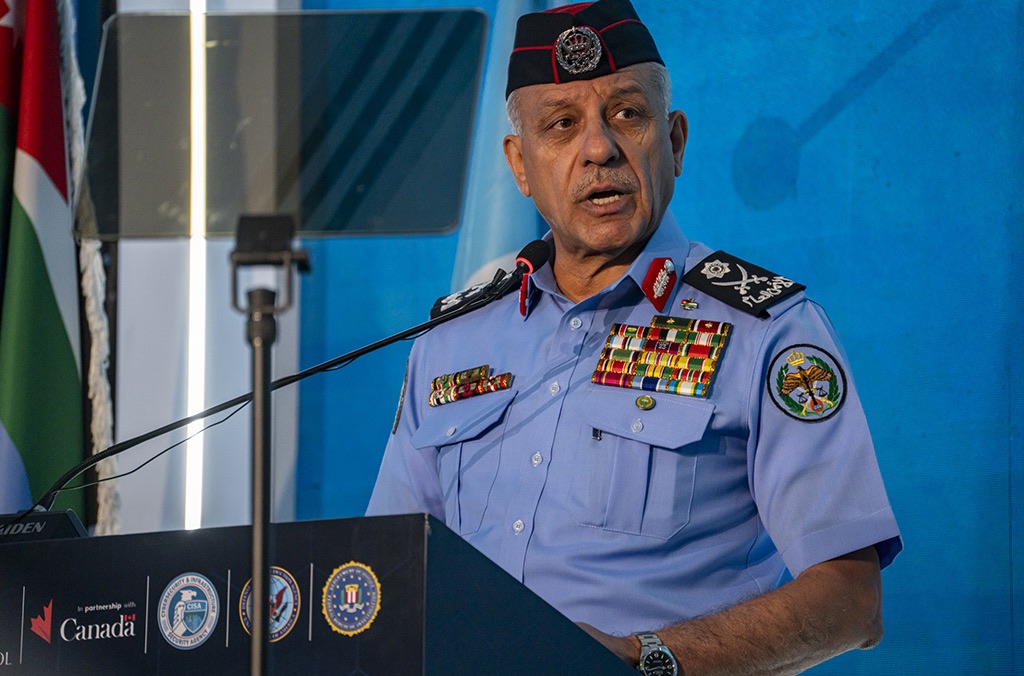AI & Chemical Weapons: A Looming Global Security Crisis
The convergence of artificial intelligence (AI) and chemical weapons presents a chilling new chapter in global security. While chemical weapons themselves pose a horrific threat, the integration of AI exponentially amplifies their potential for devastation and widespread misuse. This isn't a future dystopian fantasy; it's a rapidly developing reality demanding immediate attention and proactive mitigation strategies.
The AI Advantage: Precision, Scale, and Autonomy
Traditional chemical weapons deployment relies on human factors, limiting both precision and scale. AI changes this dramatically. AI algorithms can:
- Enhance targeting accuracy: AI-powered drones and autonomous systems can identify and strike specific targets with unprecedented precision, minimizing collateral damage (though the ethical implications of this 'precision' remain highly debated).
- Increase production efficiency: AI can optimize the manufacturing process of chemical agents, leading to faster and larger-scale production, potentially overwhelming existing international monitoring capabilities.
- Automate delivery systems: Autonomous weapon systems controlled by AI could independently select and engage targets, bypassing human oversight and potentially escalating conflicts exponentially.
- Develop new chemical agents: AI can accelerate the discovery and development of novel chemical weapons, making existing defense mechanisms obsolete and posing a significant challenge to international arms control efforts.
The Global Security Implications: A Cascade of Risks
The potential misuse of AI in chemical warfare poses a multitude of risks:
- State-sponsored terrorism: State actors could utilize AI-enhanced chemical weapons for targeted assassinations, large-scale attacks, or covert operations, greatly increasing the lethality and sophistication of such attacks.
- Non-state actors: Terrorist groups and other non-state actors could potentially gain access to AI technologies and leverage them to develop and deploy chemical weapons, making them a far greater threat than ever before.
- Accidental escalation: The autonomous nature of AI-controlled weapons systems increases the risk of accidental escalation of conflicts, potentially leading to unforeseen and catastrophic consequences.
- Weakening of international norms: The proliferation of AI-enhanced chemical weapons could undermine existing international treaties and norms aimed at preventing their use, leading to a global arms race.
Mitigating the Risk: A Call for International Cooperation
Addressing this emerging threat requires a multi-faceted approach involving international cooperation, technological innovation, and ethical considerations:
- Strengthening international treaties: Existing treaties like the Chemical Weapons Convention (CWC) need to be strengthened to explicitly address the use of AI in chemical warfare.
- Developing AI safety protocols: Robust safety protocols and ethical guidelines for the development and deployment of AI in military applications are crucial to prevent unintended consequences.
- Promoting transparency and verification: International monitoring mechanisms need to be enhanced to detect and deter the proliferation of AI-enhanced chemical weapons.
- Investing in defensive technologies: Research and development of AI-powered countermeasures and defensive technologies are essential to mitigate the impact of AI-enhanced chemical attacks.
- Fostering ethical AI development: A global conversation on the ethical implications of AI in warfare is necessary to guide responsible technological development and prevent catastrophic outcomes.
Conclusion: A Race Against Time
The convergence of AI and chemical weapons presents a significant and rapidly evolving threat to global security. Failure to proactively address this challenge will likely lead to a future where the risk of large-scale chemical attacks is exponentially amplified. International cooperation, technological innovation, and ethical reflection are critical to preventing this dire scenario from becoming a reality. We must act now, before this looming crisis becomes a devastating global catastrophe. The future of global security hangs in the balance.
(Further Reading: [Link to relevant UN report on chemical weapons] [Link to relevant article on AI in warfare] [Link to relevant academic paper on AI ethics])

